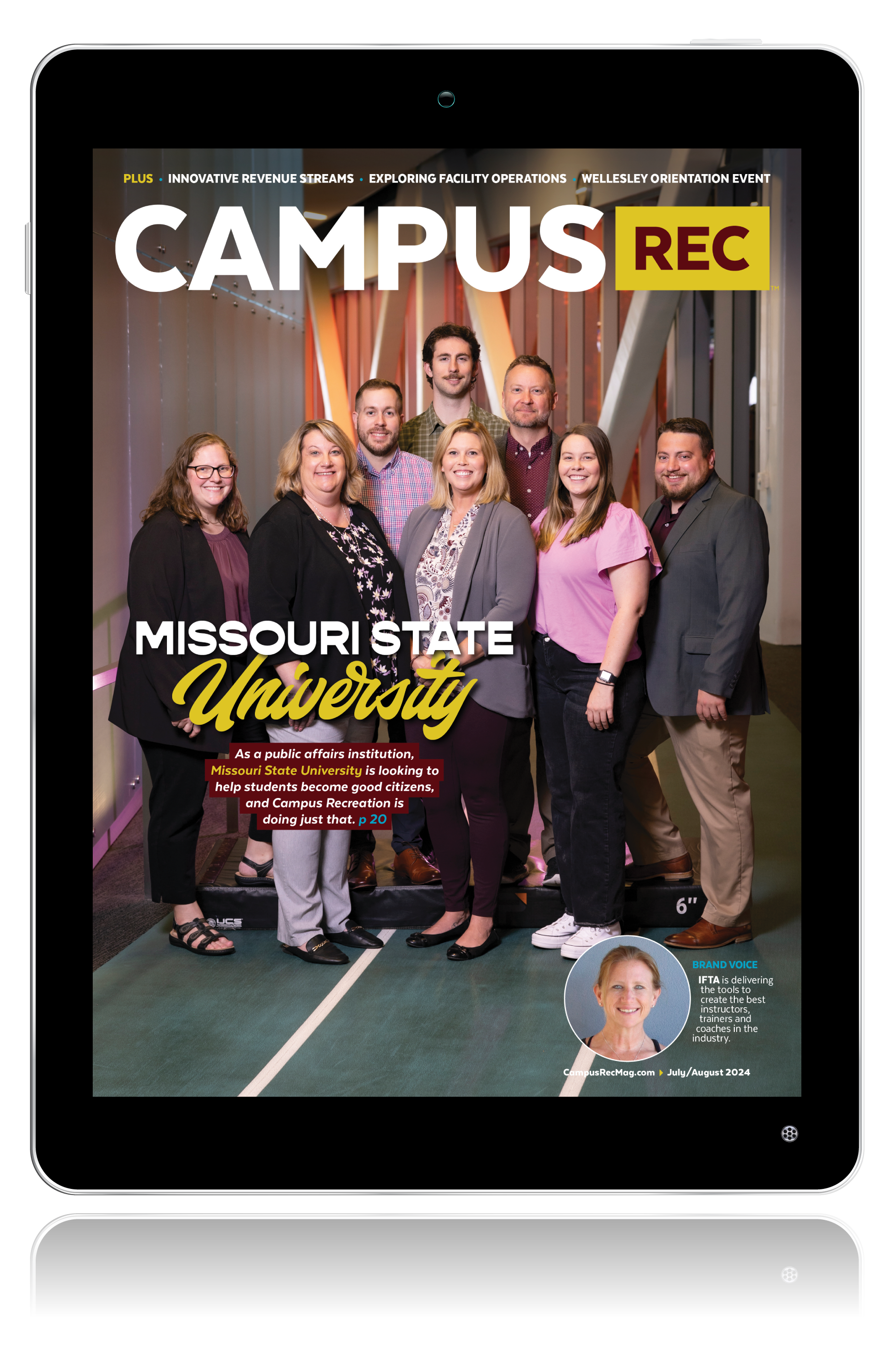
My oldest son recently transferred to Oklahoma State University, where I currently work as an associate director for the department of wellness. He was having some difficulty finding a good part-time job, so I floated the idea to him that he could referee tackle football as I do and maybe even try intramural flag football. He seemed to be interested.
After a few conversations about it, he signed up and immediately was assigned several games. I was fortunate enough to be able to work with him in his very first scrimmage, and later this week will work with him in his very first varsity football game. I assumed that the best and most qualified person to train him would be me. I know football officiating better than most, and he knows me. It was a perfect fit, or so I thought.
Over the last few weeks, I sat down with him to go over officiating philosophy and mechanics utilizing PowerPoints and manuals, not realizing that what I was saying was coming across more like a foreign language. In this instance, I could not unlearn or forget about the knowledge and experience I have gained over 15-plus years of officiating experience in order to effectively teach someone who, even though he knew the game, had never officiated. My fluency with officiating terminology didn’t come off as expertise; it merely created confusion.
I failed to take into account the cognitive bias I was displaying known as “the curse of knowledge.” Authors Chip and Dan Heath refer to this in their book “Made to Stick: Why Some Ideas Thrive and Others Die.” They explained it the following way: “Once we know something, we find it hard to imagine what it was like not to know it. As a result, we become lousy communicators.”
This explains why perceived experts in our common areas of fitness, intramurals, aquatics, facility operations, and outdoor adventure may find themselves struggling to train or teach new employees, because they find it difficult to account for the fact that not everyone has the same level of knowledge or advanced skill they do. This can even be present in onboarding new professional staff that are unaware of the department policies and staff culture. There is a struggle to relay the material in a way that the people being trained can understand.
Are you training others through the lens of your experience, or is your department training new employees in a way only they would understand having lived it? Try to remember what it was like to not be an expert or starting a new professional role. Think back to your first job in campus recreation, and keep that image in mind when creating your training or training materials. Ask yourself, at 18 years old in my first job, would I understand this? If I were stepping into this department brand new, would I understand this? Would it make sense to me?
The good news is that it’s not too late to make a change and set a new course. There are methods that can help you avoid “the curse of knowledge.” Ask for feedback from the people going through the training, in order to confirm that they understand everything you are saying.
Have you ever sat through a training or seen a presentation that uses an acronym several times but never defines it? It’s frustrating, so stop doing it. Also, avoid jargon used in your program area and instead use concrete language that is more universally understood. Explain every technical term and concept you use as you are using it, even if it seems obvious to you. Never assume understanding. This does not mean you have to water down your content. Establish a baseline level and scale up as the audience dictates. Use actual examples or stories to explain concepts. Our brain is wired to connect with narratives. If you can use a story to help illustrate your point, it will have a better chance of sticking in their memory and making it more relatable and real to them.
For all of us, this time of year includes a great deal of training and bringing new people onto our staff. Much like we try to craft our messaging to patrons in a way as if they have never been involved with us before, we must do that same with our training. Remember the old proverb: the expert in anything was once a beginner. Let’s help these beginners grow.










